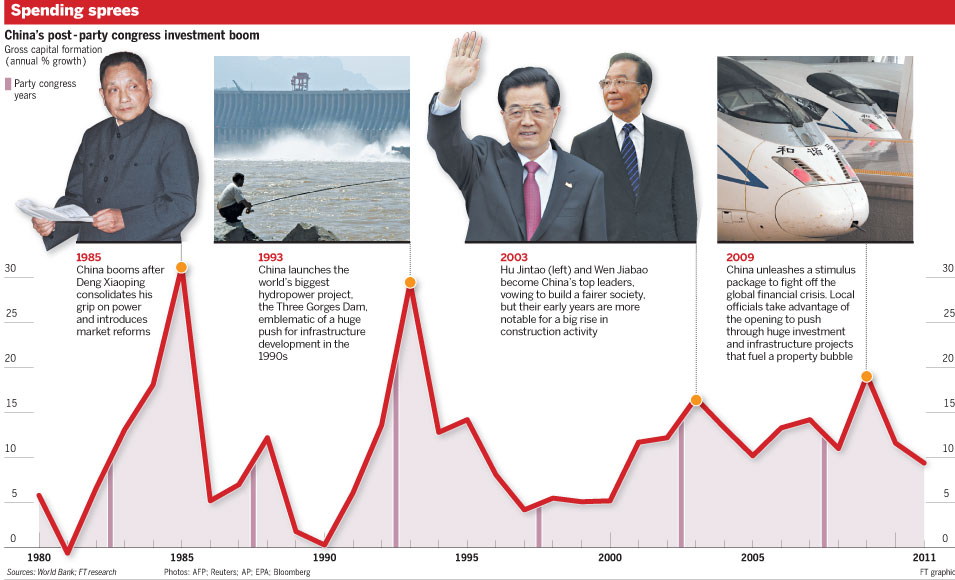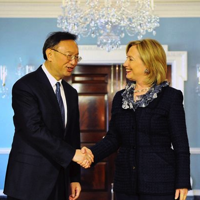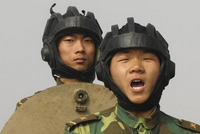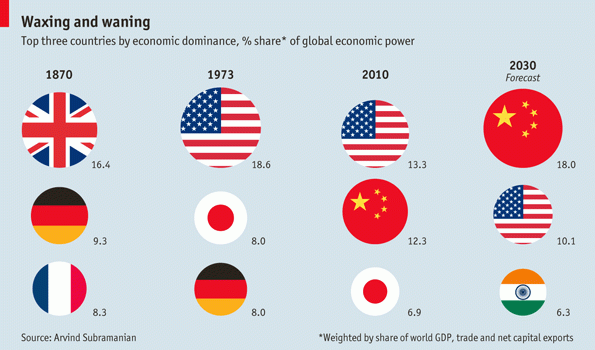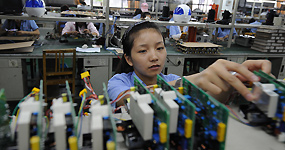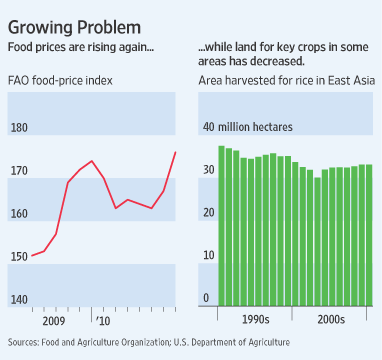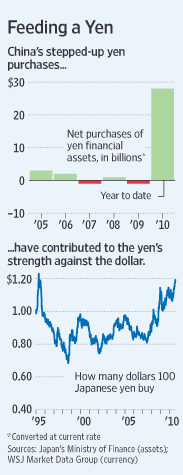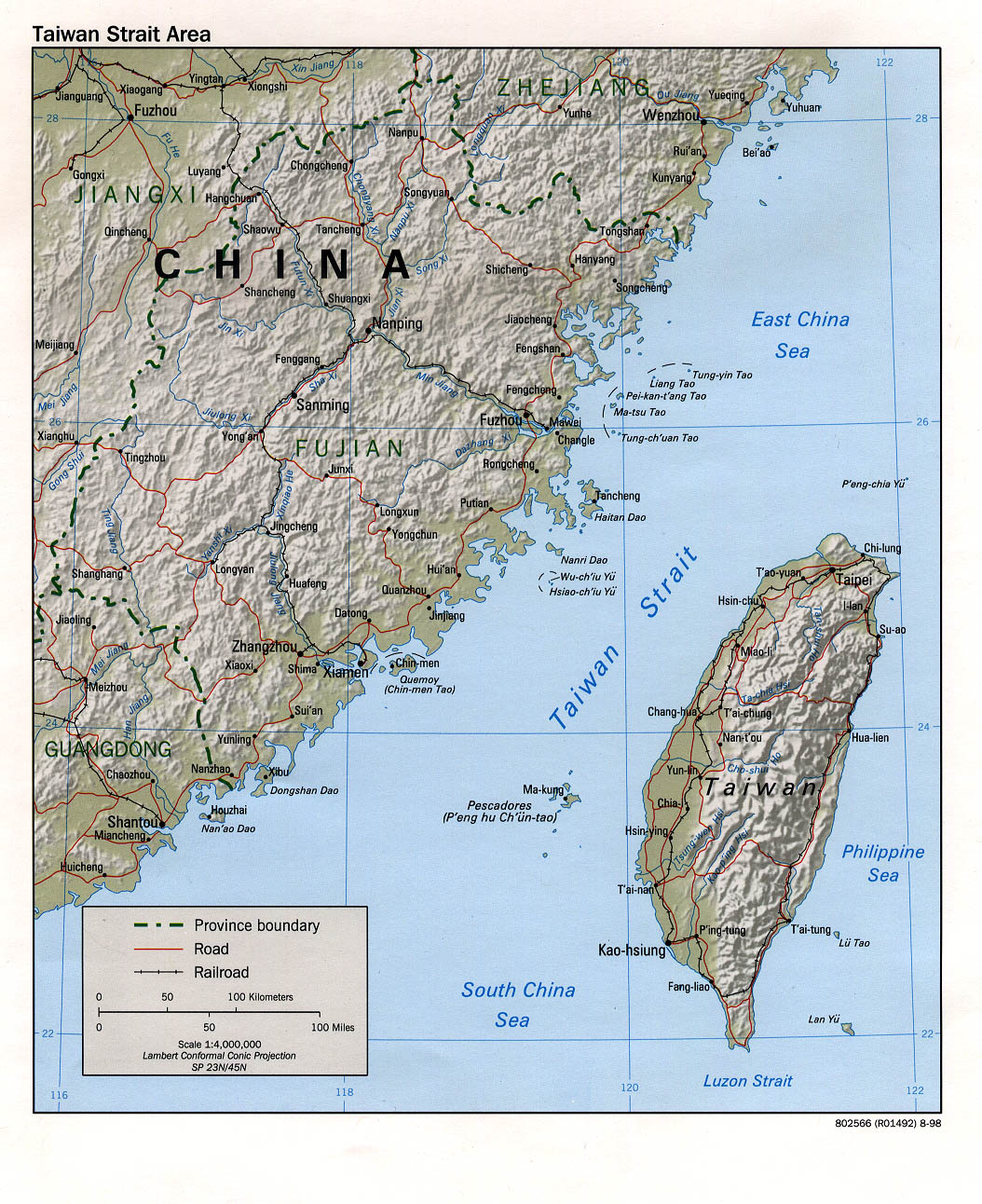
My friend Galrahn dutifully--and correctly--takes me to task for not specifying, in last week's post, that the Defense Department is obligated by law to both provide for Taiwan's defense against China (sell them arms) and maintain a US military capacity to resist Chinese force. He says that my critiquing the Pentagon on this is unfair.
While Galrahn's points are technically correct, it's also certainly true that the Defense Deparment has a lot of leeway on how they can interpret meeting that requirement. After all, what stops us from simply noting that we've got a lot of nukes and they can be enough to deter China from invading Taiwan. Nothing in the Taiwan Relations Act of 1979 specifies conventional capabilities versus nuclear. It just says "to maintain the capacity of the United States to resist any resort to force or other forms of coercion that would jeopardize the security, or the social or economic system, of the people on Taiwan." Give Taiwan enough defensive firepower, promise a nuclear back-up and call it a day. But we choose, or rather, our Defense Department now chooses, to build an entire big-war warfighting concept around this scenario (no, no, nothing provocative there). Nothing in the law demands that level of strategic focus or conventional effort. So no, Galrahn, my rant wasn't misdirected. Pointing the Pentagon's finger at Congress and saying, "I'm just following orders" doesn't cut it here.
We've made a series of choices inside the Pentagon to elevate the meaning of Taiwan going back a decade and a half. No outside power forced these choices; the military made this call on its own. The Taiwan scenario has become the calling-card scenario for the big-war force, much sturdier than the pathetic North Korean scenarios of collapse, or the bomb-heavy vignettes for Iran (unless you think we want to occupy that place too any time soon). Simply put, until the Taiwan Strait crises in 1995-96 got the DoD turned-on to China as the near-peer competitor, you simply never heard about the Act as a baseline justification for force structure. It merely explained arms sales to the island. I know this, because I worked force structure issues for the Navy at the Center for Naval Analyses in the early 1990s (it was, like, bullet 4-a on slide 53, and when you saw it, you'd turn to the guy next to you, and intone knowingly, "Of course, the Taiwan Relations Act of 1979," and then you'd be back to business). The Act was a completely backburner issue until the Sov residual threat got so low in those early post-Cold War years (after it became likewise apparent that the "rising sun" wasn't going to fulfill anybody's fantasies except Michael Crichton's--yes, I actually had senior military officers tell me in great seriousness to read the book to understand the future looming Japanese threat), that the Act sort of surfaced like a bureaucratic bedrock at low tide.
The Taiwan Strait crises also birthed many of the original network-centric warfare concepts. It really was a seminal series of events--the proverbial wake-up call. But then 9/11 comes and we don't hear about it all that much anymore--save for those pesky arms sales and the usual huffing and puffing from Beijing on the subject.
The difference today is that the AirSea Battle Concept--basically a navalized, mini-me version of the AirLand Battle concept vis-a-vis the Sovs in Europe during the 1980s--is clearly based on this scenario, with a paltry assist from Iran (not a great country you want to lump in, image-wise, when you seek China's help on Iranian nuke developments, but a sale is a sale). And I gotta tell you, that's some chutzpah, basing a new high-end combat ordering principle on the same nation you're seeking all this cooperation from--like salvaging your economy right now.
Seriously, anybody has to admit that making an entire air-sea, big-war battle concept out of the Taiwan Relations Act is going above and beyond the call of duty. In my opinion, it goes beyond defense policy to a good share of foreign policy as well, cementing in something for the long haul that may not serve our overall purposes in our evolving bilateral relationship with China.
Is this a step we debate as Americans? No. Is this something our president explains to us, or our Secretary of State? Not really. It's just an inside-the-Beltway affair led by a think tank that results in some language here and there in various planning docs and ultimately finds its expression in the budget. Would the Navy or Air Force protest? Above their pay grade, as they say, although plenty of retired flags from both services will tell you openly they think this is an odd path to be on, given the larger picture. But most, if not all, will readily admit, as I do in an upcoming China Security piece, that, once you accept the deterrence logic on Taiwan, America needs to make the AirSea Battle Concept happen as merely the next-step ante to stay in this poker game. And frankly, given the shopping list ginned up, any protest would sound very much in the Brer Rabbit mode. After all, these are tight budgetary times, and quite frankly, Gates' logic begins with the need to find synergistic savings. So why target the best thing going (enshrined in law!)? I mean, the Chinese do the same, do they not?
My point is this: is this the best we can do at this point in history? China doesn't need any help triggering a balancing response across Asia, as I've noted here many times; they do it brilliantly on their own. Frankly, we don't need much of a hedging strategy as a result; the containment policy writes itself--again, thanks to Chinese heavy-handedness.
But the larger effort isn't particularly being made: we are not building a better, bigger positive relationship with China, especially in mil-mil relations, to supersede the legacy negative one. You can tell me that the Pentagon is just doing its job--following Congressional orders, as it were. I just want something more imaginative at this point in history, you know, something that preps the diplomatic "battlefield" a bit--something the navy does well throughout history.
And I just don't see it happening. Our offers of cooperation with China typically involve asking them to join our party on our terms, whatever the situation in question. Will you do what we want you to do in Iran/Sudan/Myanmar/North Korea/South China Sea/etc.? You know, show us you're responsible by giving us what we want. [Then there's the awkward but oddly workable--if entirely unfair in burden sharing--"limited liability partnership," as I call it, in Iraq and Afghanistan, where our blood pays for Chinese treasure.]
And big surprise, rising powers don't negotiate well on those terms. America rarely did during its decades of rising. That sort of trajectory makes you arrogant and full of yourself, and China is definitely in that mode.
And yes, while that sort of thing needs to be subtly resisted, we need to be preparing for the leaner years--as in, our leaner years and China post-some crash or inevitable slowdown. We need to building something--again--positive, and mil-mil relations can be spectacularly positive in that way.
I don't think we've thought through, in any comprehensive sense, what our devotion to this blue law from from the Cold War is costing us--opportunity-wise, or the signals that it sends, or what we risk with it in a strategic sense. I think it's simply on the books, so the bureaucracy grinds its answer, and when sanctuary from a scary budgetary climate is sought, that "requirement" is not just an oldie but a very goodie.
It's just not where we're going as a power or where this system is going. We are steering by our wake, because it feels comfortable and good, and--damn it--it's the law!
And I don't see a lot of strategy in that. I see people, like Galrahn, patting the Obama administration on the back for simply having foolish behavior fall into their laps and doing the right thing by it--again, because it feels good and it makes us seem more important than--quite frankly--we really are. Our "cooperative strategy," as he calls it, is pretty much what it's always been in the Pacific: make us the most important bilateral partner with as many states there as possible. Again, with the Chinese playing the fools (i.e., old Soviet role) on this one, that's not a hard strategy to pursue, but it's one that retards the Asian integration process to a certain extent, in the name of hedging against, and somewhat containing, China.
And if we were set to play global policeman with budgetary ease for the next couple of decades, I would be the first to say, fine and dandy. Wait on these guys to grow up, and democratize, and a whole bunch of other requirements. But I don't think our finances or globalization will wait on those evolutions, so I think we need to start thinking about making do with the landscape--and players therein--as they're presented to us. Because keeping China in this retarded state of "pol-mil" development (and I use that term of art purposefully) isn't wise, in my opinion. I think we need to do more--faster--than just keep them in their place until they demonstrate the preferred type of global following skills (I mean, leadership). I think that attitude retards our own, much needed pol-mil development (yes, we actually have some things still to learn about this globalization of our making).
Unless you think U.S. military power is what makes us who we are. I've always thought it enables us to display leadership, but that it's not a substitute for it.
And that worries me--this unstated, barely articulated strategic course we seem to be on.
I got accused a lot--and rightfully--of granting Bush-Cheney better rationales for their policies than they themselves had. I think Galrahn does the same here with Obama and Clinton. I think Hillary is the shining star simply by default, because I see no great accomplishments, just well-worn reactions to a perceived rival's foolish behavior. Remember, these guys came in with Jim Steinburg's "strategic reassurance," when "nice" China was having a good year (2008-09) and we were grateful for their saving the global economy (and let's admit it, no China, and things get a whole lot worse). Now China is having a bad year, as Galrahn rightfully notes, and now we're all about overstating our interest in the South China Sea so as to match China's absurd claim of sovereignty. If that's isn't chasing events or trends, than what is?
This is Schadenfreude masquerading as grand strategy--too much of it, actually, on both sides. Mirror-imaging in this regard ("Look how popular we are in Asia right now! Vietnam loves us! Take that, China!") isn't all that imaginative. China's "charm offensive" got offensive, so now we've fallen into one by default.
And you know, hoping Brett self-destructs isn't the same as getting the Packers into the Super Bowl.
There are other paths and there are other voices. If we want to get this future right, we should invent it ourselves.
 Friday, November 23, 2012 at 9:53AM
Friday, November 23, 2012 at 9:53AM 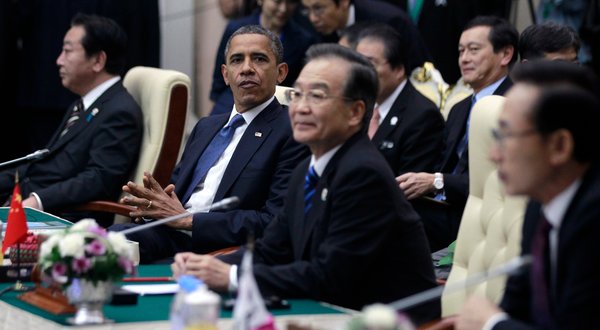
 Asian integration,
Asian integration,  China,
China,  US foreign policy | in
US foreign policy | in  Citation Post |
Citation Post |  Email Article |
Email Article |  Permalink |
Permalink |  Print Article
Print Article 








